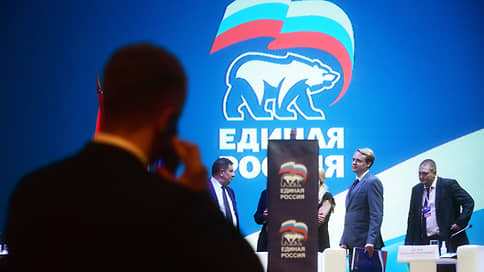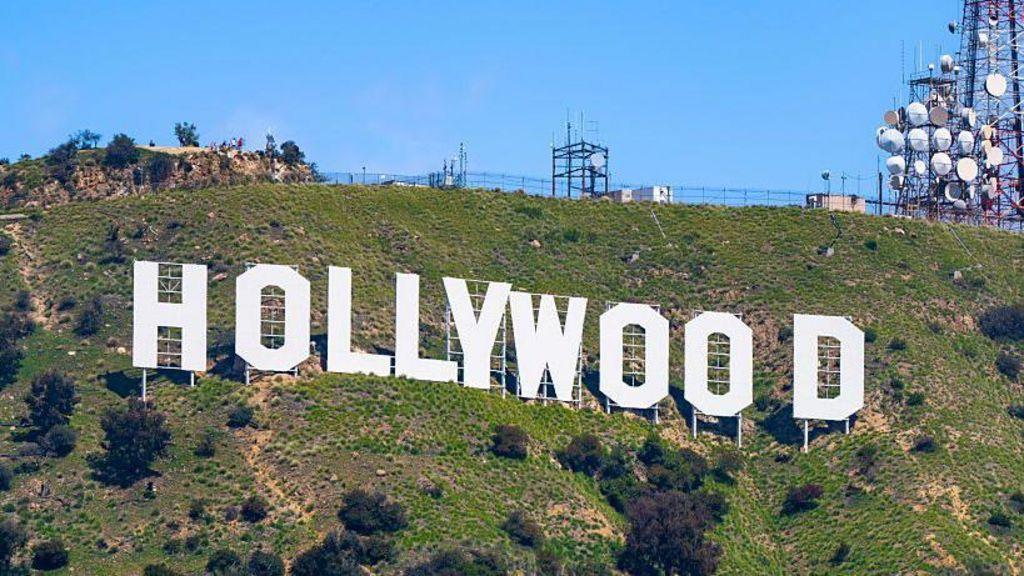Switzerland is difficult to fight for the raw materials

Trump is looking for rare earths in Greenland, and China blocks her export – only Switzerland is poorly prepared
Donald Trump imposes China a penalty of 145 percent. China reacts with a global export stop of rare earths. And Switzerland is suddenly in the middle of the fight for critical raw materials.
The white house describes the raw material agreement with Ukraine as « historical ». At the same time, US President Donald Trump extends his fingers to Greenland. Critical raw materials, including rare earths, play a central role in both countries. In Greenland as in Ukraine, there are large occurrences. They are considered gold of the future.
With Trump’s presidency, the struggle for raw materials used seriously. On the one hand, he wants to secure it for the United States. On the other hand, he has provoked a global shortage of 145 percent compared to China with punitive tariffs: China stopped exporting rare earths and rare earth as a counter measure. In all countries, including Switzerland.
China’s export stop becomes a problem for Switzerland
That becomes a problem. China has a quasimonopoly with rare earths. In 2024, the country promoted 70 percent of all rare earths. The market share is often even higher in production. In magnet, for example, which are used in airplanes, wind turbines and military equipment, it is almost 100 percent. Magnets must be temperature -resistant. This requires Samarium, one of the seventeen metals that belong to the rare earths.
Switzerland also feels the consequences. Hundreds of Swiss companies are likely to be affected by China’s export ban, says Jean-Philippe Kohl, Vice Director of Swissmem, the Association of the Tech Industry. Swiss companies import only small amounts of rare earths in raw form: 100 kilograms, especially from China. In products that are refined with rare earths, it looks different: Switzerland imports 174 tons.
Swissmem fears that it is mainly out of the EU that she is mainly out of the EU. « The EU has no free trade agreement with China, » says Vice Director Kohl. « Therefore, it could be that Swiss entrepreneurs suddenly have to ask themselves: How do we get to magnets from the EU with rare earth from China?»
« There is a risk of political escalation »
The situation is very fragile for Kohl. « The uncertainty is great, » he says. «There is a risk of political escalation. If China passes through the export restrictions against all countries, this results in short to medium-term faults. »
Switzerland is poorly prepared for faults of this kind. On December 13, 2024, the Federal Council adopted a report on the « Supply of Swiss industry with mineral raw materials for the energy transition ». However, there is nothing to read about a dramatic shortage of critical raw materials and less frequent earth that could threaten Trump’s presidency.
Reading is only a little alarming sentence: « In recent years, geopolitical tensions and environmental efforts have led to the great economic blocks of the USA, EU and China try to strengthen their care with critical raw materials. »
Incomprehensible for Swissmem. « The Federal Council says goodbye to the Seko report on Donald Trump’s new customs regime on the eve of Donald Trump, » says Vice Director Kohl. He emphasizes: «Trump’s election promise could have been taken more seriously. If a possible tsunami is imminent, you should not hide negative scenarios – namely that other states, especially China, react to the USA. »
« We endanger our security of care »
Council of national councilor Elisabeth Schneider-Schneiter formulates the criticism even harder. It was she who claimed a report from the Federal Council in 2020 to impose a shortage of critical raw materials and rare earths. Today she is sobered. « There is a global political struggle for rare earths, » she says. «Only Switzerland thinks there is no need for action. With this we move sidelines and endanger our security of supply. »
The economy sees the Federal Council as a duty. « Since this is about sovereign decisions of China, politics is challenged, » says Jean-Philippe Kohl. « Switzerland should try to achieve export exceptions at the diplomatic level. » Switzerland will emphasize that it does not act « as a bypass ».
The fact that Foreign Minister Ignazio Cassis was in China at the end of April and that Foreign Minister Wang Yi met there is an “important sign” for Swissmem. It shows, says Vice Director Kohl: « We are not part of a block and want to drive with all the trade and break down hurdles. » Switzerland has many years of good diplomatic relationships with China and is working on developing the free trade agreement.
What does the State Secretariat for Economy say about criticism that the problem has taken too little seriously? « The Seco and the participants have dealt intensively with this topic and created an inventory of the existing challenges, » writes it. As a measure, one stipulates, for example, to regularly analyze and update the import and supply data. Cooperation between the relevant institutions should also become narrower. One wanted to increase transparency in the raw material sector.







